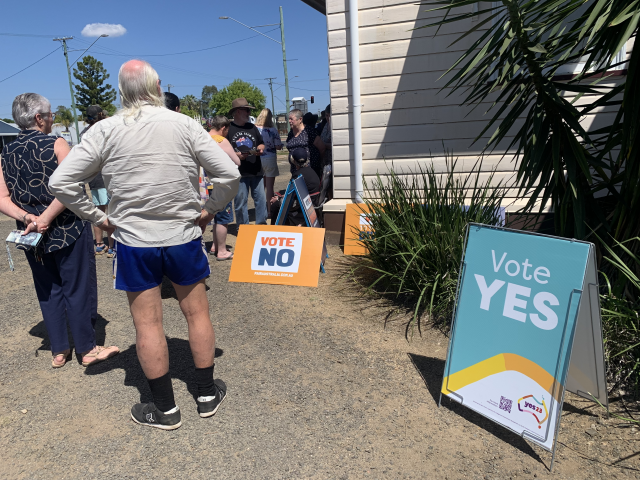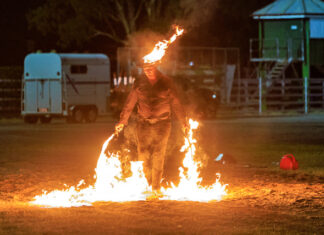Maranoa voters overwhelmingly reject Voice to Parliament

Digital Edition
Subscribe
Get an all ACCESS PASS to the News and your Digital Edition with an online subscription
Why Allora Show is town’s ‘beating heart’
Carol Lyall is promising a whole lot of fun and to reignite the country spirit at next weekend’s 148th Allora Show.
Once a competitor herself...







